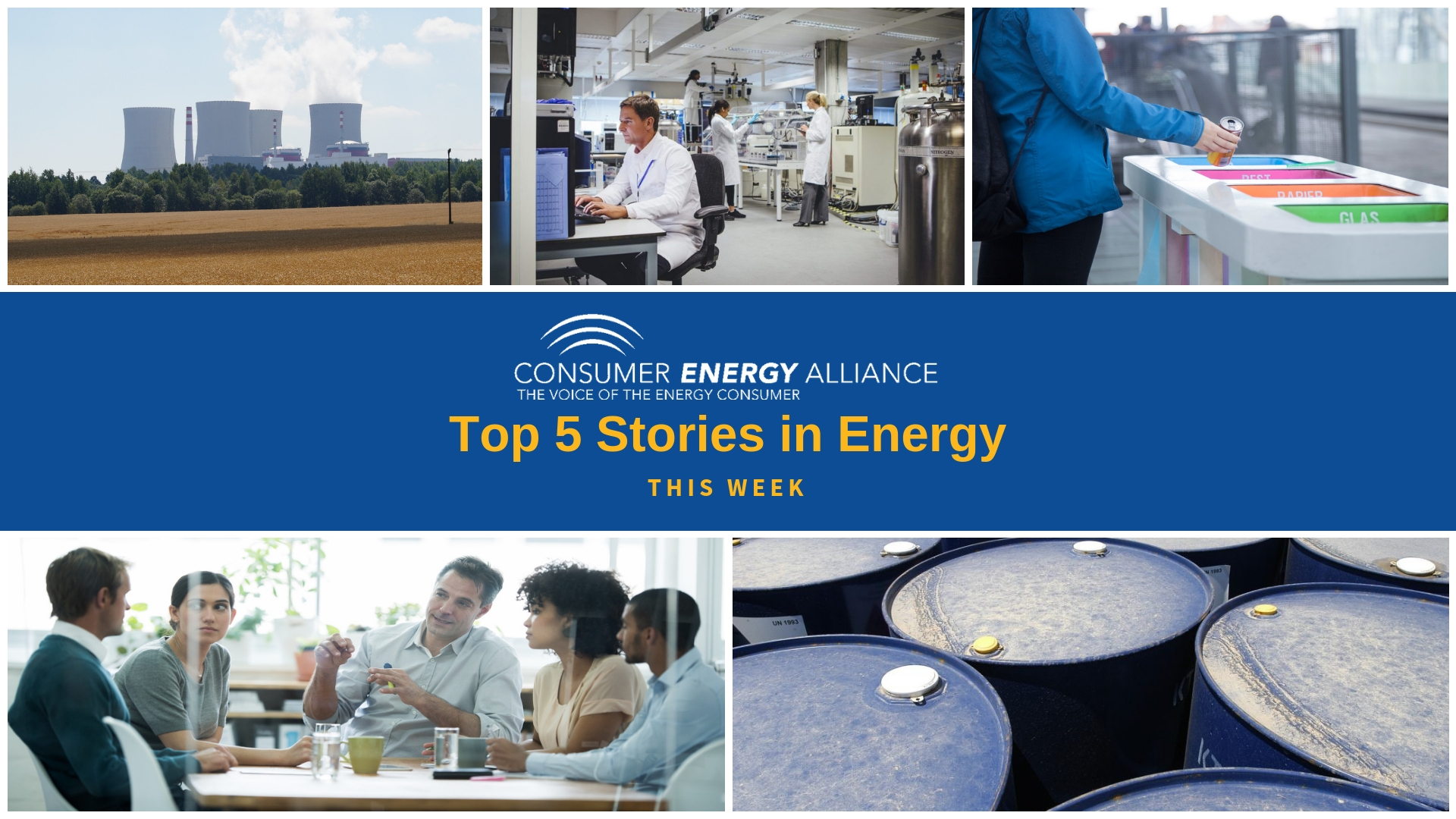This week in regular news, EXIM Bank launched its “Strengthening American Competitiveness” Initiative. The focus is on how EXIM can support “made in the U.S.A.” exports – and the jobs that make them possible. Warner Bros. TV executives share how COVID-19 has dramatically changed our viewing habits, and how they think it will affect the entertainment sector. Moreover, considering many people may be having sport withdrawals, there has been a pivot to Reddit for content creation. These headlines and more kept us informed and optimistic about a new normal, but we can’t let you miss out on our favorite energy stories! Check out last week’s right here.
Despite the Department of Energy (DOE) opening the Strategic Petroleum Reserve, oil traders still seek storage options.
Oil traders are continuing to find storage options for unused oil. Seeking salt caverns in Sweden and train cars in Chicago, traders are getting creative to find more solutions to store crude after the collapse in the price of oil earlier this month. Financial Times shares more here.
A ban on natural gas would disproportionately impact low-income communities said Rev. Jesse Jackson who is standing behind a push for natural gas.
Jesse Jackson is standing apart from many Democrats and environmentalists in a move away from traditional fuels used in energy production. The Reverend cited the extraordinarily high prices communities are paying for their energy bills as a catalyst for standing behind natural gas production. Axios covers the rest of the details here.
In throwback news, we just found out that termites have inspired research as possible renewable energy sources.
Termites are bioreactors that are able to produce two liters of hydrogen from ingesting a single sheet of paper. Hydrogen is a key element for creating electricity, and the termites provide an alternative to using water for this process. One research site has laid it out here, and researchers in Brazil found a vast, 4,000-year-old termite community – maybe they could help test the process?
Greenhouse gas emissions are predicted to hit record decline.
The International Energy Agency (IEA) reported last week that the first quarter of 2020 showed a 3.8% decline in emissions. Predictions show that the decline could reach as high as 8% by the year’s end, which would be the biggest drop in the history of the agency. Inhabitat continues the story here.
Countries with abundant coastlines are prime for harnessing tidal energy.
As people are learning, access to energy is different based on where you live. It also can dictate whether a location can be a producer of energy or an importer of energy. For states and countries with coastlines, researchers are looking to harness more energy from the waves through a process called tidal energy, which we’ve covered here. Now, researchers in Sydney are looking more closely at what the country’s waters could do to help be a source of renewable energy. CNN Business looks at the work being done down under, here.
